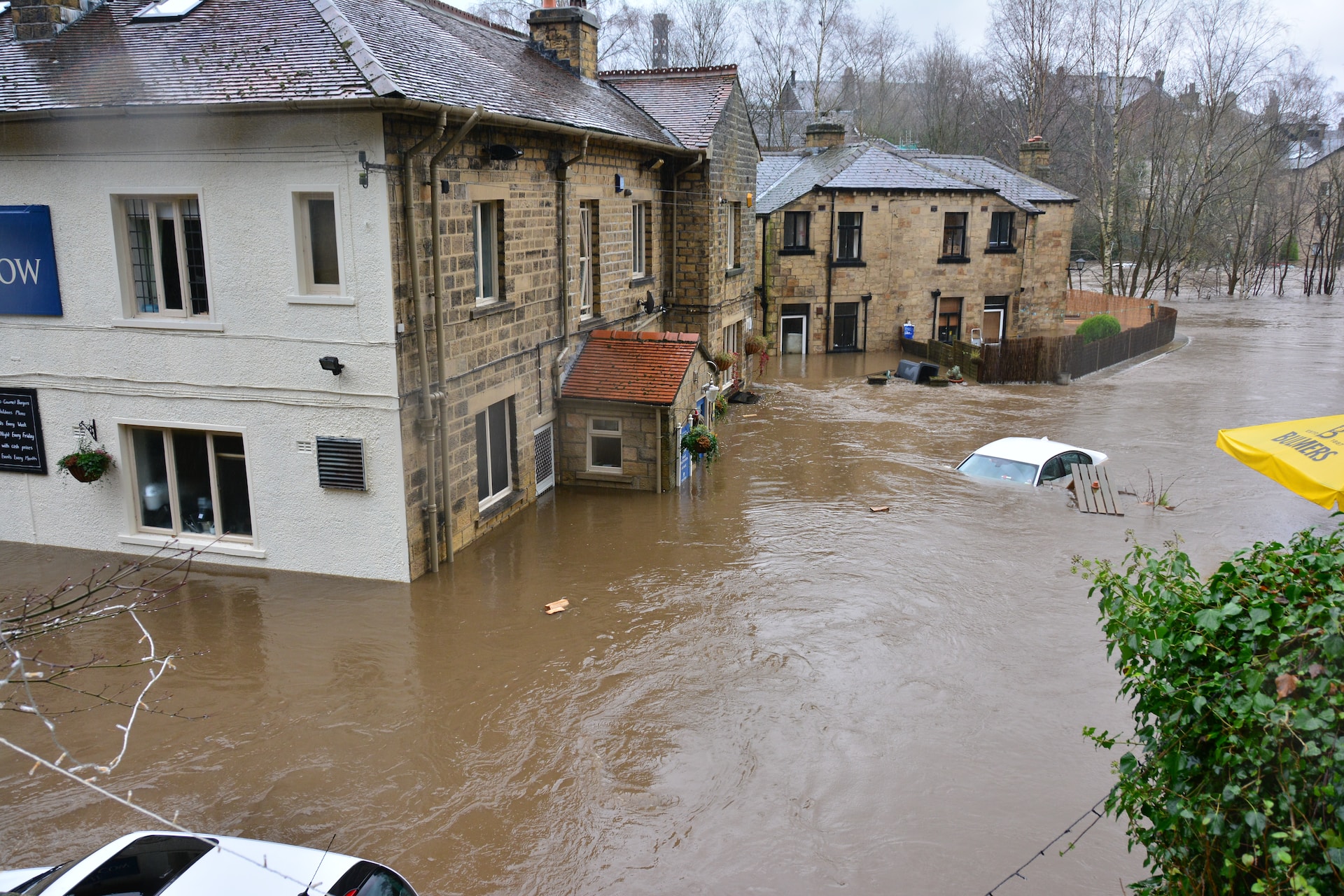When most people think of natural disasters, they think of hurricanes, tornadoes and wildfires. Floods are not commonly considered. However, floods are the most prevalent natural disaster to strike the United States year after year. They are triggered by hurricanes, rising storm surges, torrential rainfall and even thawing snow.
When a flood warning is issued, you should begin preparing. Additionally, if your house or business gets damaged in any way, contact professionals such as those specializing in disaster restoration Tampa so you can organize repairs as soon as things settle down.
If a flood alert has been issued for your region, flooding is anticipated, and you should take the necessary precautions and know what to do if it occurs.
Purchase Flood Insurance
If you discover that your house is at medium- to high risk of flooding, you should immediately purchase flood insurance. Because home insurance does not cover flood damage, it is critical for homeowners to have flood insurance, whether they live in a FEMA-designated flood zone or not.
Remember that flood insurance cannot go into effect until 30 days after the purchase date, so purchasing the required coverage is crucial before a weather-related disaster strikes.
Transfer Valuables to a Higher Point
Since flooding can be unforeseeable take precautions, we strongly advise you to relocate any precious things to higher ground. If your home has a second story, you should move TVs, electronics and other valuables up there. You can store items in the attic if you reside in a single-story house.
Place Critical Documents in a Waterproof Container
Keeping vital documents such as insurance papers, social security cards and passports in an impermeable container helps protect them from water damage. In case of a flood, this can save you quite a bit of time later on.
Evacuate if Necessary
If your location is under an evacuation order, you should leave immediately. Evacuation orders are issued to safeguard the public. Still, they also indicate that first responders cannot enter the evacuation zone if a tragedy occurs.
Get the Supplies You Need to Get Through Safely
If an evacuation is not required, stock up on supplies for at least a week. This includes stockpiling enough non-perishable food and drinking water to sustain your household. Ensure you take the precaution of having batteries, dry clothes, blankets and medication stowed in an area that’s most likely to remain dry and unaffected by flood.
The easiest strategy to keep flooding out of your home is to lay sandbags before all external entrances. The sand will soak up the water and help keep minor floods at bay.
